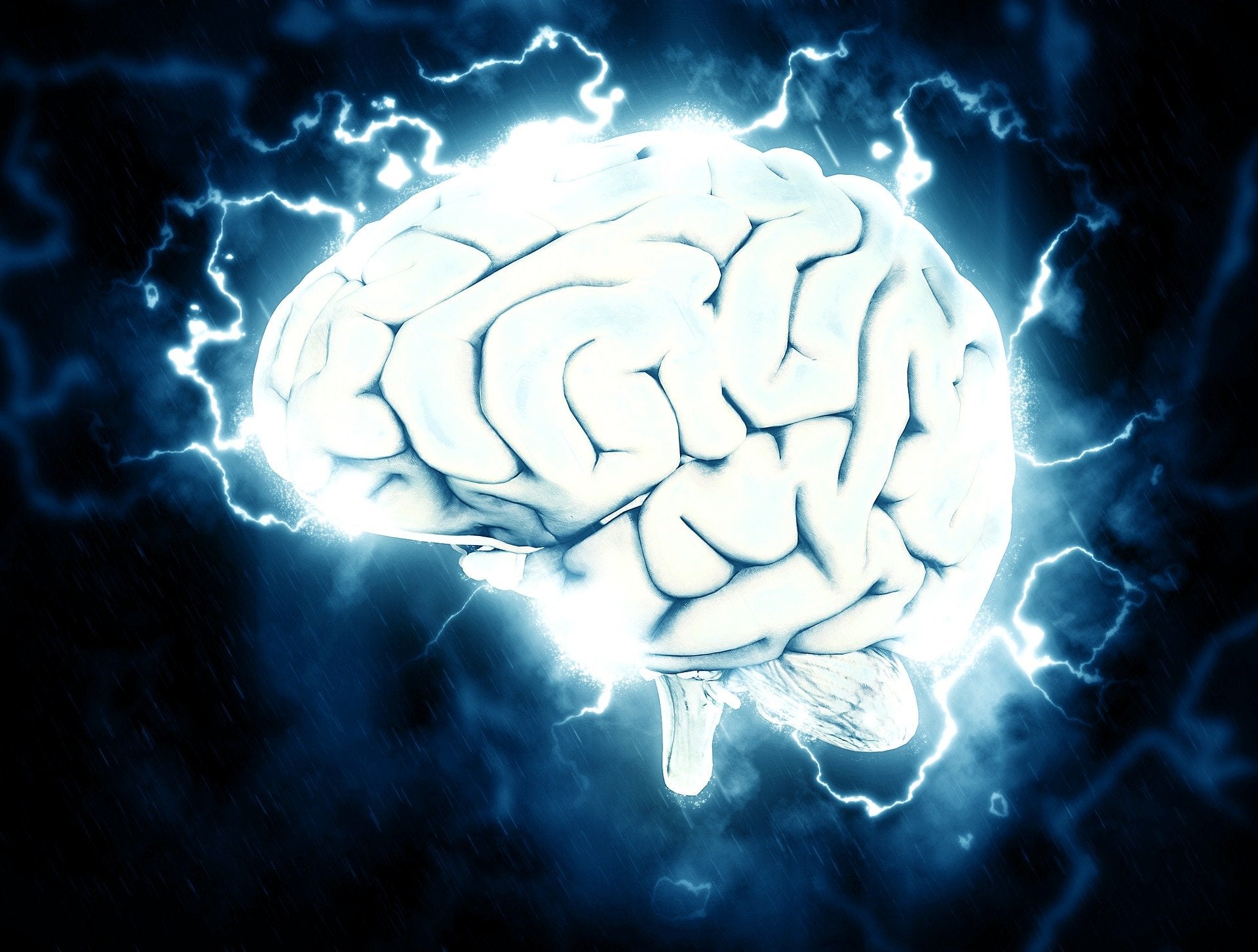This year’s World Mental Health Day, observed on October 10, was based on the theme of ‘mental health in an unequal world’ with the goal of bringing awareness to global inequities on access to mental health treatments. While much progress has been made on this front in recent decades, many inequities persist in diagnosing and treating common mental health disorders such as major depressive disorder (MDD). Moreover, these inequities may be exacerbated as diagnosed prevalent cases are expected to increase. According to GlobalData, in the eight major pharmaceutical markets (8MM: US, France, Germany, Italy, Spain, UK, Japan, and Canada), diagnosed prevalent cases of MDD among adults (≥18 years) are expected to increase at an annual growth rate of 0.30% between 2019 and 2029, from over 18.5 million cases to over 19.1 million cases. Such an increase may also increase the burden of disease without further intervention to reduce inequities in diagnosis and treatment.
Per the 2013 World Health Organization (WHO) world mental health survey, in high-income countries such as the 8MM, the most significant barriers to treatment are related to attitude, specifically in mild to moderate cases of depression, which account for roughly 55% of MDD diagnosed prevalent cases in the 8MM, according to GlobalData. This suggests that cultural values, stigma, and other intrinsic factors contribute to this inequity and are essential to address, as even mild cases can progress to severe ones without proper intervention. Among severe cases, structural barriers are the most significant to treatment, and inequities occur from a disparity in access to treatment. As such, promoting mental health in an unequal world requires a multidisciplinary approach to interventions for MDD.
In a 2018 JAMA article, Hasin and colleagues indicated that individuals with MDD had increased odds of both alcohol and drug abuse, with adjusted odds ratios of 1.80 and 3.0, respectively. Moreover, the odds of suicide are also higher among individuals with depression, according to the US Department of Health and Human Services. These comorbidities suggest that without being addressed, inequities in access to proper treatment for MDD may increase the burden of this disorder on the health systems in the 8MM. This is due to the downstream health effects of addiction and the negative impact addiction and suicide can have on families.
To help mitigate these inequities, awareness towards MDD is critical, as it can help facilitate treatment initiation and continuity for individuals who face strong internal barriers. Likewise, awareness is also important to underscore the need to remove structural barriers that reduce access to treatment. By removing these barriers, it is hoped that one day the message behind this year’s theme will become obsolete in the context of MDD.

US Tariffs are shifting - will you react or anticipate?
Don’t let policy changes catch you off guard. Stay proactive with real-time data and expert analysis.
By GlobalData





